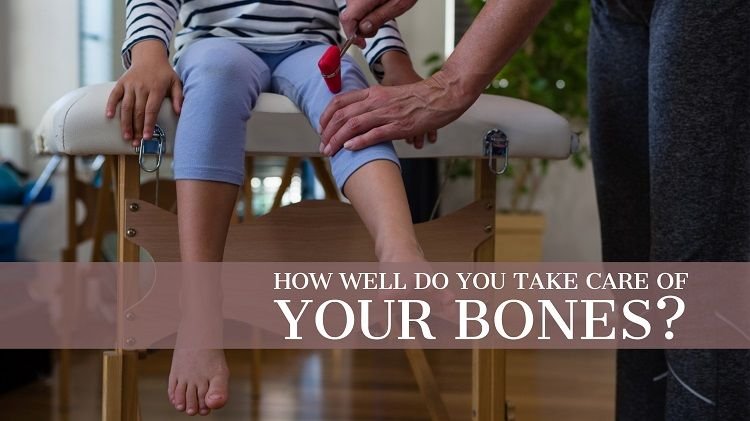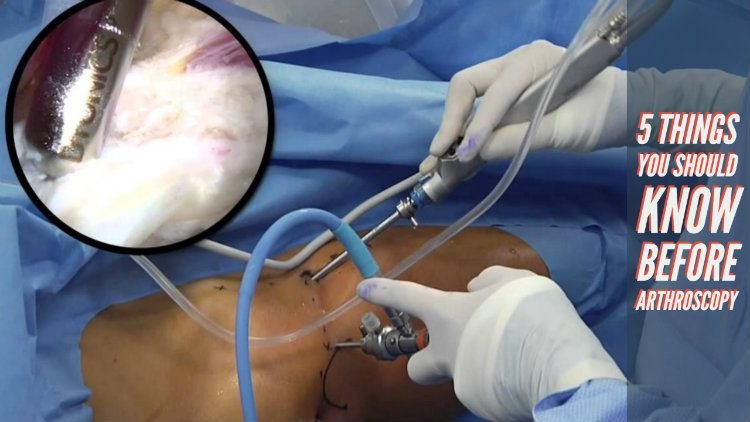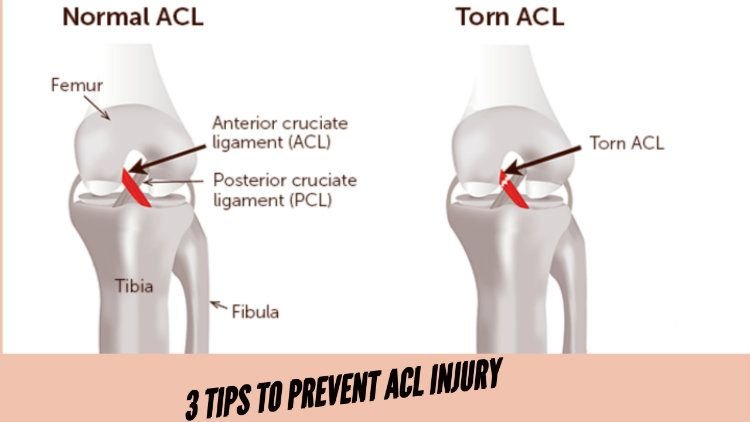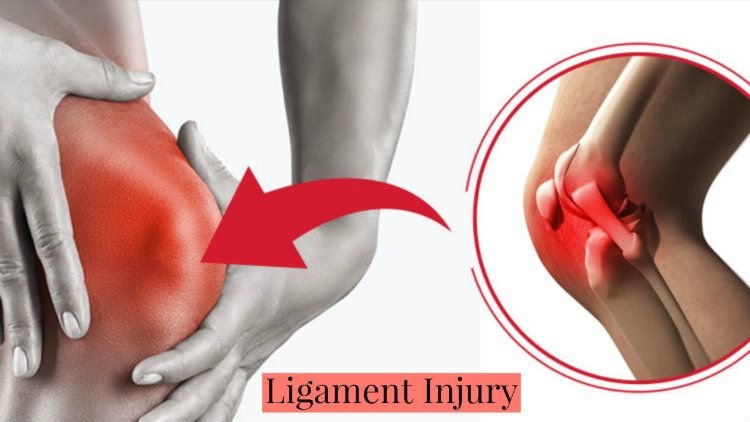When your bones are weakening, you won’t necessarily realize this in your 20s and 30s. However, the problem will get evident and cause serious troubles gradually when your 40s set and you’re closing to your old age. (Just ask elderlies with arthritis!)
This is the absolute reason why taking care of your bones from the go is so important. And there’s no such thing as “too soon” here. Even when you’re in your early 20s, just like you’re too attentive of your physical appearance, you’ve got to be equally careful of the strength of your bones. This means you must sidestep the basic mistakes that lead to weakened bones.
To help you get started on the right track, here are five things that are weakening your bones:
Eating protein-deficit meals
Protein is possibly the most important nutrient needed to build and maintain bones’ strength. Sadly, our regular meals pack very little of this essential nutrient. This is why you must make proactive efforts to increase your daily protein intake, even adding supplements to your diet. Eat more protein-rich foods like eggs, chicken breast, milk, oat, and almond.
Physical inactiveness
This is emerging as one of the biggest reasons for all the possible orthopedic problems that this generation will face in the coming decades. If you’re not moving enough, if you’re leading a highly inactive lifestyle (very common among those with 9 to 5 desk job), you’re hurting your bones; you’re weakening them. So, if you don’t already, start exercising. Just 20 minutes of daily run can make a big difference.
No strength training
Now,just exercising isn’t sufficient. You’ve got to spend more time on strength training. You must exert pressure on the bones to create an infrastructure where they are forced to get stronger. When you’re doing load-bearing exercises, it leads to a breakdown of your bones tissues, which then helps them remodel and increase strength. So, spend more time in squats, planks, row and other similar exercises that improve your strength.
Not eating enough
This is quite a no-brainer. If you’re not eating sufficient food, your bones will weaken. You need more calories. But then this doesn’t mean you eat anything and everything that comes your way in the name of more calories. You need healthy food that packs all the important nutrients. So, give your diet a hard look, audit and make changes with healthier alternatives.
Not approaching the doctor
This is a common mistake many people make. Even when they are experiencing bone and joint-related problems, they don’t necessarily approach the orthopaedic doctors in North Kolkata when they should. Are you one of them? Don’t take “minor injuries” so lightly. Don’t be careless; don’t be reluctant to the small problems you’re facing. If your knee is paining, visit the best knee doctor in Kolkata. If your back is paining, see an expert. The little things, if ignored, can stack up to become a big problem when you’re old.
These are five things that are weakening your bones. Take immediate steps and improve your lifestyle for a healthier future.









